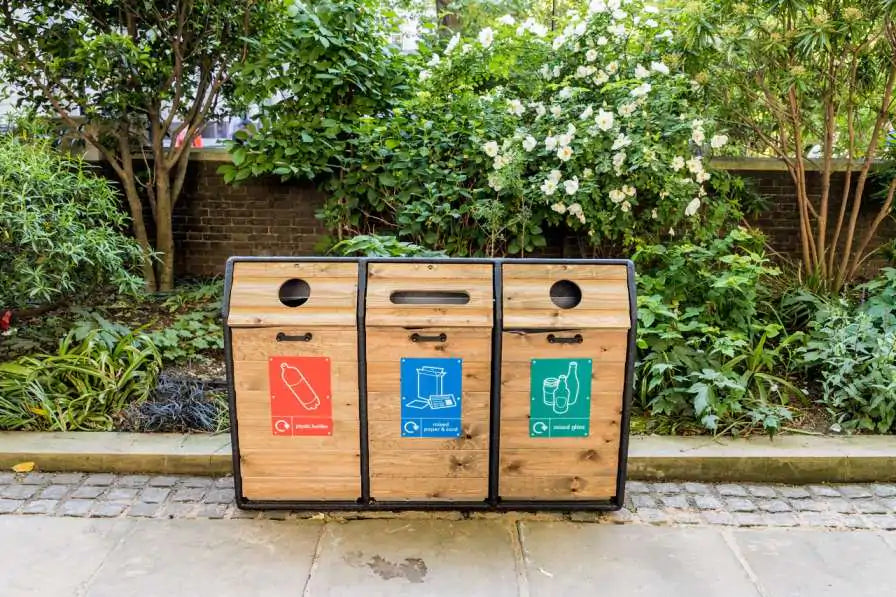Your basket is currently empty.
Shop NowBusinesses Urge Overhaul of the UK Deposit Return Scheme

Scotland’s Deposit Return Scheme (DRS) will be in place by August this year. England, Wales, and Northern Ireland will have one by 2025. With targets of collecting over 85% of drinks containers, this should be good news, right? However, retailers aren’t happy and have demanded an overhaul of the UK deposit return scheme.
Retailers not happy about current DRS plans
The British Retail Consortium (BRC) sent a letter to the government warning that introducing the scheme in its current form will significantly push up costs for businesses. This in turn will mean higher prices for consumers who are already struggling with the cost of living.
In the letter, retailers including some of the UK’s biggest supermarkets have urged the government to redesign the scheme.
What is a deposit return scheme?
First things first, in case you aren’t familiar with deposit return schemes, here’s the lowdown. The main aim is to encourage people to recycle drinks containers like bottles and cans. Anyone who buys a drink in a bottle or can is charged a small deposit. This is returned to them when they take the bottle or can to a recycling point.
How would a UK deposit return scheme work?
A deposit would be added to all single-use drinks containers made of plastic, aluminium or glass. If you return the bottle to a retailer or reverse vending machine, you’ll get the deposit back. Payments will be in cash in stores or cash or a voucher from reverse vending machines.
Why are businesses concerned?
Among the businesses who signed the letter to the government were Sainsbury’s, Morrisons, Waitrose, Tesco, and Asda. Morrison’s CEO complained about the lack of clarity about key issues around the scheme. Sainsbury’s also said the timetable for the introduction of the DRS was unrealistic.
Smaller businesses have also voiced their concerns about costs at a time when many are already struggling. So what are the main things businesses are taking issue with?
Extended Producer Responsibility (EPR) and other costs
The government plans to introduce its Extended Producer Responsibility (EPR) scheme in 2024. As part of the scheme, packaging producers have to cover the cost of recycling and disposing of their packaging. Businesses argue that higher costs for them will be passed onto consumers.
Smaller businesses are also worried about extra costs. Many are struggling to survive already with higher energy bills and lower consumer confidence affecting sales. The DRS scheme also obliges retailers to offer collection points for bottles which is worrying smaller businesses. Retailers can ask for an exemption from providing a collection service but only in certain circumstances. For example, if a nearby collection point is willing to accept their returns, or if collecting materials on their premises would be a fire or safety risk.
Deposit Return Scheme Confusion
Another source of frustration about the UK deposit return scheme is that it’s confusing. Just like curbside recycling schemes, the DRS has different rules depending on where you are in the UK. Things like different labelling requirements and different rules could make things costly for businesses and confusing for consumers.
What do you think? Are we in dire need of a solution for recycling all those bottles and cans that end up in landfill? Or will a deposit return scheme just mean higher costs and more confusion?
What bins are available for the deposit return scheme?
Well, some sites will need specialised bins for the return of cans and bottle
We will be watching with interest to see how all of this plays out. For more interesting articles on recycling and the environment, check out the rest of our blog.






